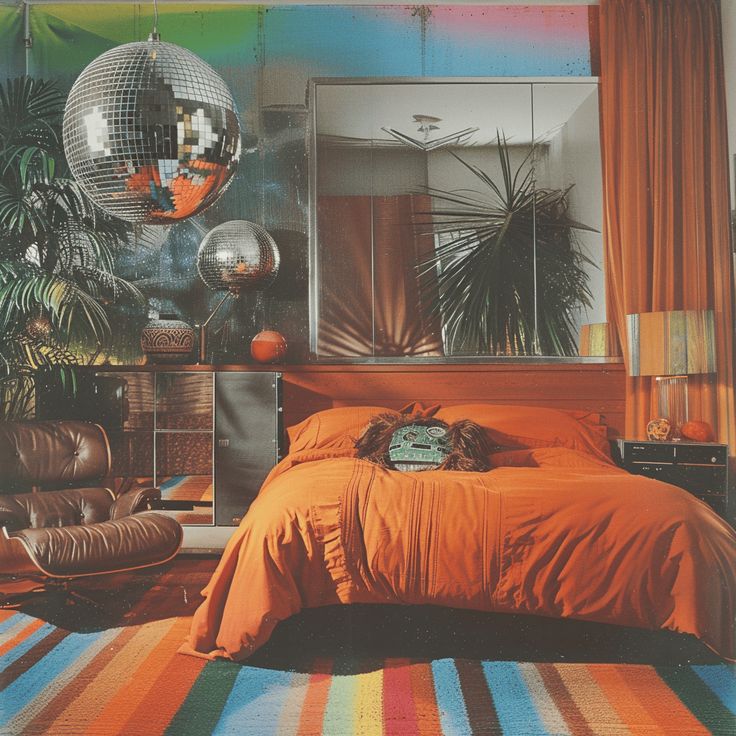I used to think rest just meant sleep. If I was tired, I’d try to squeeze in a nap, cancel plans, or get to bed a little earlier. But even after eight hours, I’d still feel drained- like my mind and body were clocking overtime.
That kind of tired isn’t always fixed by sleep. Because the truth is, rest is not one-size-fits-all. And if you're only tending to one type, you're likely neglecting others that matter just as much.
In a recent video, I broke down the seven types of rest that we all need but rarely talk about. I wanted to expand on that conversation here. Understanding these types changed how I treat my energy, my mental health, and honestly, my entire self-care practice.
Let’s get into it.
Why Sleep Alone Isn’t Enough
Here’s a stat that might stop you in your tracks:
🧠 Burnout affects nearly 77% of professionals, and one of the biggest culprits? Lack of adequate, varied rest. (Source: APA)
We’ve been taught that sleep = rest. But not all exhaustion is physical.
You can feel exhausted even if your body feels fine. That’s mental fatigue. Or emotional drain. Or creative depletion. That’s why rest needs to be layered — a full-spectrum experience.
The 7 Types of Rest You Might Be Missing
1. Physical Rest: The Classic Kind
This is the go-to. Sleep. Naps. Stillness. But also: stretching, deep breathing, yoga, and low-impact movement. It's how we relieve physical tension and recharge the body.
🛏 Stat to know: Over 35% of adults in the U.S. get less than 7 hours of sleep per night. (CDC)
2. Mental Rest: Quieting the Noise
Your brain doesn’t need to go full throttle all day. Mental rest is about intentional pauses — daydreaming, journaling, doing something repetitive like walking or coloring, even just closing your eyes for a few minutes.
📖 Try this Not A Bad Life guide on enhancing mental wellness →
🧠 Stat to note: Constant multitasking can reduce productivity by 40% and increase mental fatigue. (Harvard Business Review)
3. Sensory Rest: For the Overstimulated
Screens. Sounds. Notifications. Bright lights. Background noise. Our senses are constantly overstimulated — especially for those who work online or in busy environments.
💡 Sensory rest = turning off the noise. No screens, dim lighting, quiet space. Even 10–15 minutes helps.
4. Creative Rest: Recharging Your Inspiration
Feeling blocked or uninspired isn’t just a sign of laziness — it’s a sign you need creative rest. Not creating, but receiving. Admire art. Take a walk. Listen to music. Color outside the lines — literally.
🖍 Download our coloring book to help with recharging your inspiration
🎨 Resource: How boredom sparks creativity - BBC
5. Emotional Rest: Taking Off the Mask
If you’re always the strong one, the listener, the cheerleader — emotional rest gives you a place to simply be. It's about expressing your emotions without performance, shame, or “editing.”
🌿 Emotional rest might look like therapy, solitude, or talking to a friend you can be real with.
📖 Check out: How to Get Back to Yourself
6. Social Rest: Boundaries Are a Love Language
Sometimes rest means spending less time around people who drain you — and more with people who uplift you. Or spending time with no one at all.
A 2024 survey by Grant Thornton found that 63% of employees identified mental and emotional stress as the top cause of burnout, highlighting how social obligations can contribute to emotional exhaustion.
If you're feeling emotionally overdrawn, consider setting boundaries and prioritizing relationships that replenish your energy.
7. Spiritual Rest: Realignment with Meaning
Spiritual rest isn't always religious — it's about feeling grounded, connected, and aligned. It’s asking: What gives me purpose? What helps me feel whole?
🙏 That might be prayer, meditation, nature, journaling, or community work.
So… What Type of Rest Are You Missing?
Maybe you need more than just a nap. Maybe your mind, heart, or soul is asking for something deeper. The key is paying attention. When we treat rest as a full-body, full-being experience, we begin to feel restored — not just momentarily recharged.
Start small. Choose one type of rest to focus on this week. And remember: rest is not earned — it’s necessary.
Want more tips like this?
🌀 Check out the full Not A Bad Life blog for feel-good, no-fluff mental wellness content.
🖍️ Download a free coloring book here.
💌 Join our self-care email club for gentle reminders to care for yourself in real ways.
Comments

Leave a Comment close
Leave a Comment